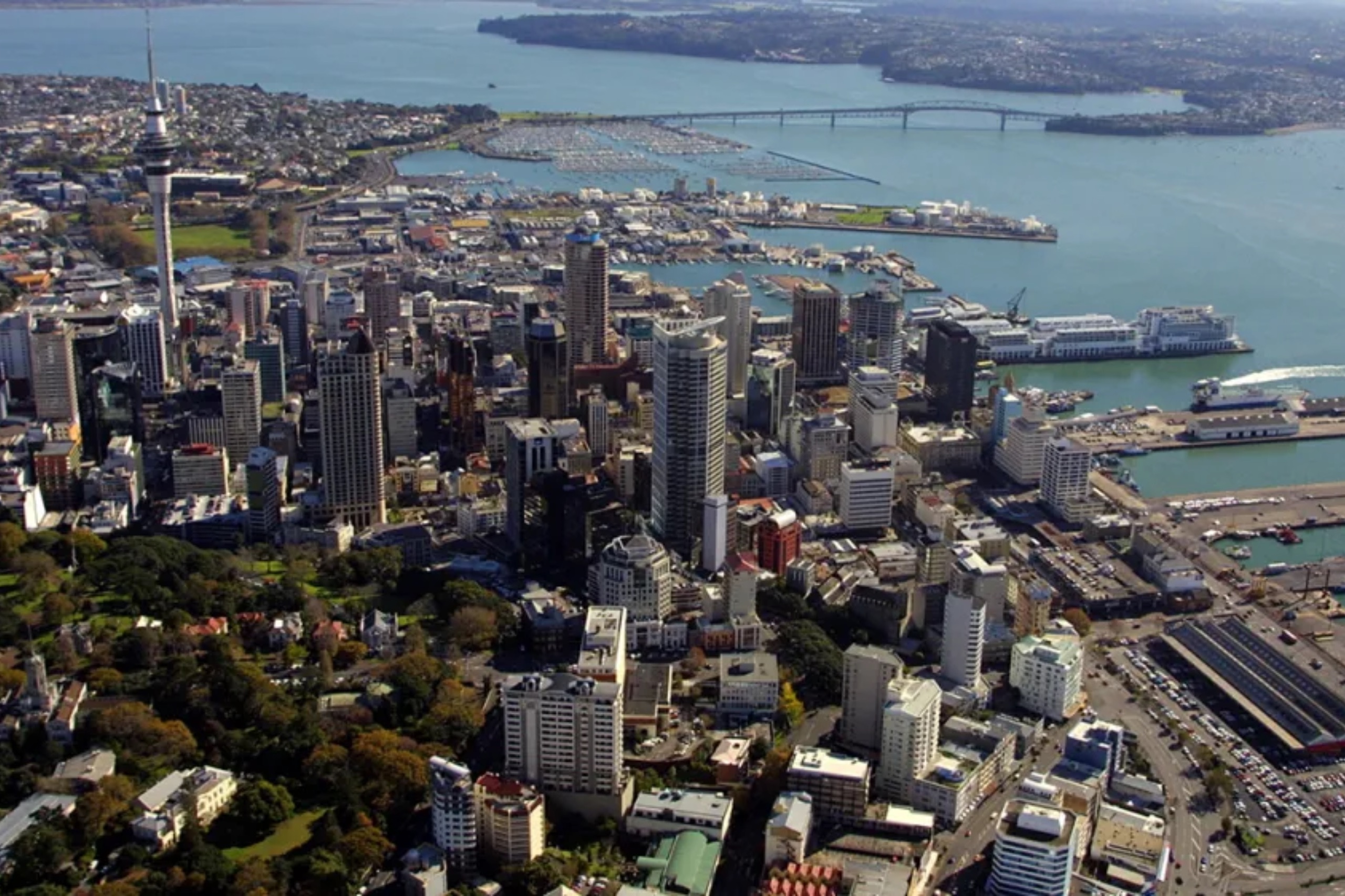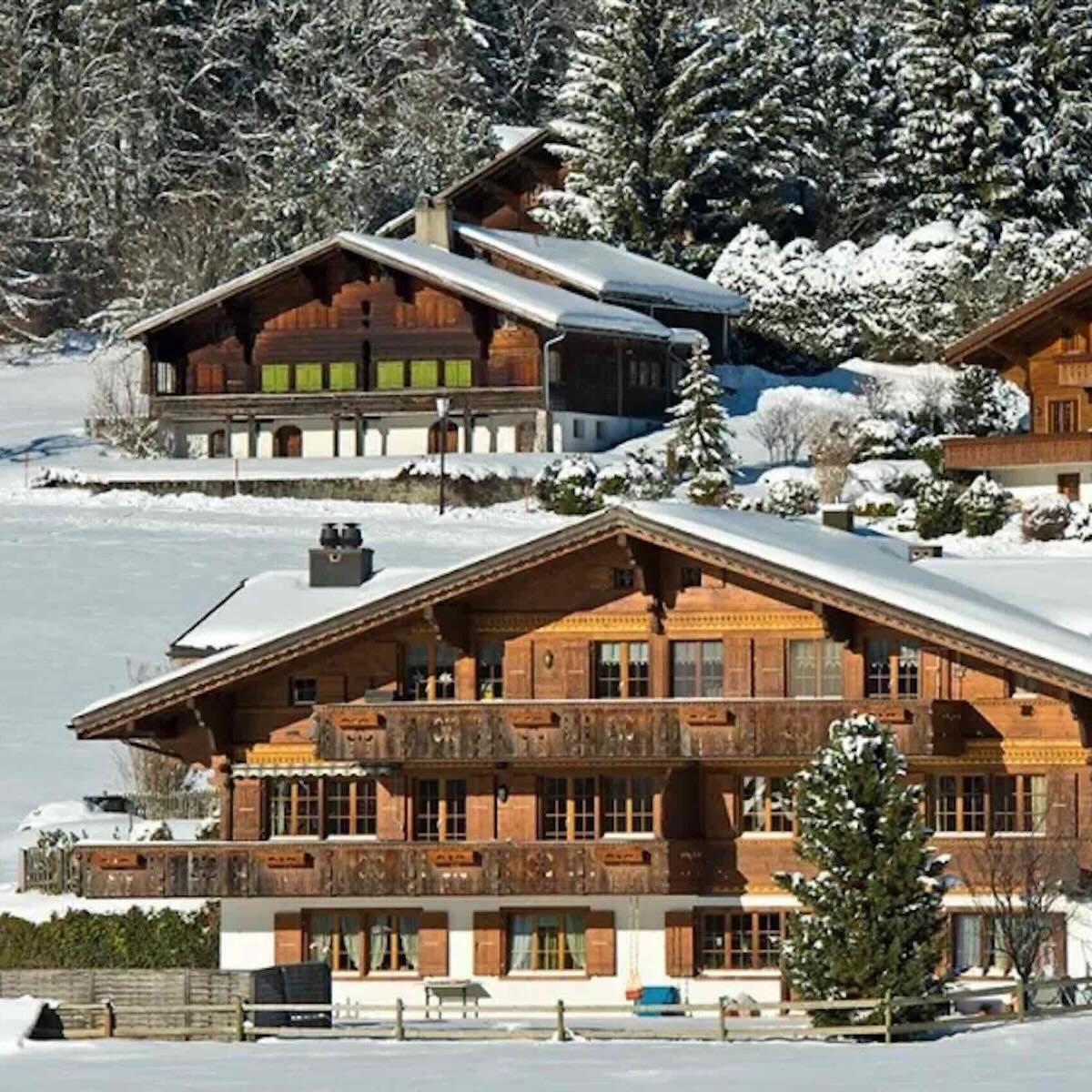New Zealand isn’t scrapping its golden visa programme, but the government is making tweaks to lure deep-pocketed property investors.
The country’s government is worried after the number of applicants for its Active Investor Plus Visa plummeted in the past two years, Bloomberg reported on Thursday. In its prime, the lucrative programme brought in an average NZ$1 billion (or roughly US$580 million/approximately HK$4.5 billion) per year. Since changes to the regulations were made in 2022, the nation has only approved 35 international applications totalling NZ$352 million (approximately HK$1.58 billion)—and now it’s trying to win people back.
“We are conscious that the government changed those settings and we saw a marked decline in the number of investors,” New Zealand finance minister Nicola Willis said during an interview. “You can expect to see announcements from us on that in the coming weeks.”
While the exact details of the proposed plan have not been released, under the current programme rules, aspiring applicants for the visa must invest at least NZ$5 million (approximately HK$22.46 million) directly or NZ$15 million (approximately HK$67.38 million) via passive investments. Previously, before the change in regulations in 2022, applicants only had to commit to a minimum of NZ$3 million (approximately HK$13.48 million).
Already, the government has taken action to expedite the application process. In addition, Willis plans to introduce legislation in 2025 “to emphasise that the nation requires foreign capital to achieve its economic objectives.” However, she maintains that gaining more wealthy foreigners isn’t the only goal.
“It’s also the networks, the expertise, the experience, the ideas that they bring with them,” Willis explained. “There are many examples throughout the country where investor migrants, while they may make initial investments, then go on to make other investments and become more engaged in the economy in a range of ways which are helpful.”
Golden visas for foreign investors have become immensely popular since the pandemic crisis when hordes of US citizens migrated abroad. At the time, high-net-worth individuals flocked mostly to Europe, settling down in places such as Portugal and Ireland. However, more European countries have now decided to end their programmes, which allowed real estate investors to gain visas and sometimes citizenship. Last month, Spain was the latest country to attempt to discontinue the gold visa over concerns it was driving up housing costs. While the bill was vetoed by the Senate, Congress could still push the proposed ban forward next year.









